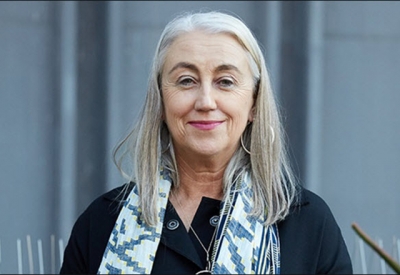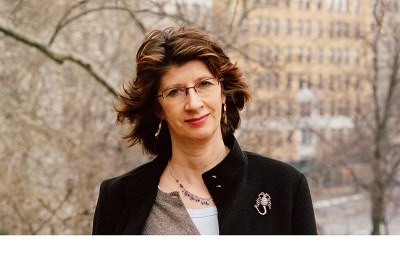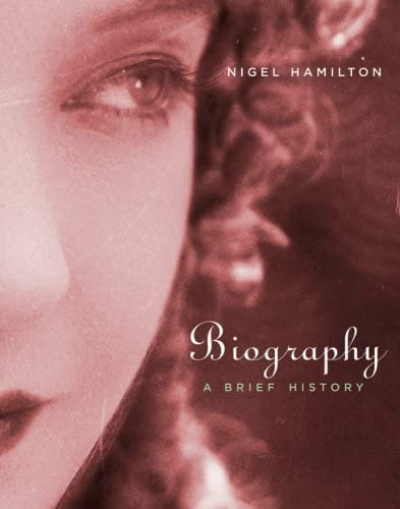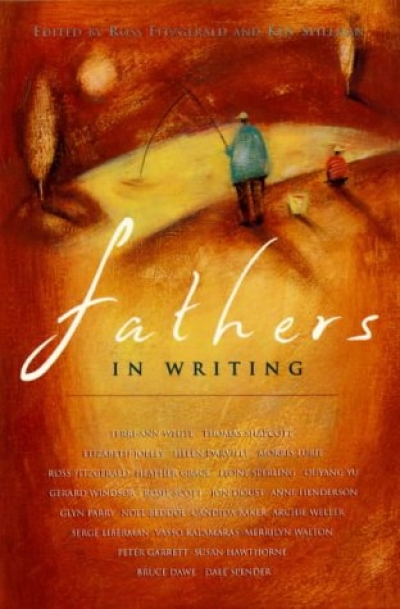He was a man with a pinboard, and that boosted him a hundred points in her nervy evaluation, the first night she saw his room. On the pinboard were tickets, a laminated backstage pass, a wrapper from a Swiss chocolate, all those things that could wait for drowsy burbling nocturnal stories in the dark, the recounting of Times Before Her recited off like threaded beads. All thrillingly making up the prelude, the teaser, the set-up before the main feature and all its rightness. Discussion of dreams, explanations of scars and tattoos. Former crushes. Photos from real photobooths, with different haircuts, a smile she would tease him about, maybe a picture on his parents’ mantelpiece of him as an awkward partner at a débutante ball and the one of her on her parents’ mantelpiece in braces, in those overalls. Yes, yes, all this would wait, resting, to be edged into place. For now she would borrow a book – because he was also a man with books. Another hundred points, another daring row of five hopeful, shivering stars.



























